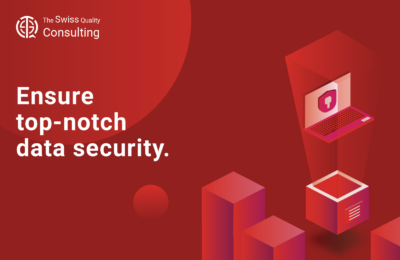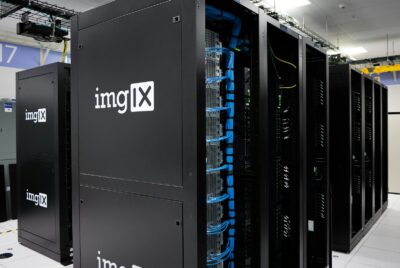Enhanced Data Security
Li-Fi technology offers a significant advantage in terms of data security, especially in today’s digital landscape where cyber threats are a growing concern. Unlike radio frequency-based technologies, which transmit data through the airwaves and are susceptible to interception and eavesdropping, Li-Fi relies on light signals to transmit data. This inherent characteristic makes it inherently more secure, as light signals cannot penetrate walls, reducing the risk of unauthorized access to sensitive information. In business environments where confidentiality is paramount, such as boardroom meetings or financial transactions, Li-Fi provides a secure means of communication that mitigates the risk of data breaches and cyber attacks.
Reduced Risk of Interference
Another key advantage of Li-Fi technology is its reduced risk of interference compared to traditional wireless technologies. Radio frequency-based technologies often suffer from congestion and interference, especially in densely populated areas or environments with multiple wireless devices. This interference can degrade network performance and compromise data transmission, leading to delays and connectivity issues. In contrast, Li-Fi operates in the visible light spectrum, which is significantly less congested than the radio frequency spectrum. As a result, Li-Fi networks experience fewer instances of interference, ensuring reliable and consistent data transmission even in challenging environments. This reliability is particularly beneficial for businesses in Saudi Arabia and the UAE, where seamless connectivity is essential for driving productivity and innovation.
Enhanced Physical Security
In addition to safeguarding digital data, Li-Fi technology also enhances physical security in business environments. By utilizing light signals for data transmission, Li-Fi networks are confined to specific areas illuminated by light sources, such as LED bulbs or luminaires. This localized coverage reduces the risk of signal leakage and unauthorized access to sensitive information, as the data transmission range is limited to the physical boundaries of the illuminated area. Furthermore, Li-Fi signals do not extend beyond the walls or windows of a building, making it more challenging for potential attackers to intercept or eavesdrop on communications. As businesses in Saudi Arabia and the UAE prioritize both digital and physical security, Li-Fi technology emerges as a compelling solution that addresses these dual concerns effectively.
Optimizing Security with Li-Fi Implementation
To maximize the security benefits of Li-Fi technology, businesses must adopt a strategic approach to its deployment and integration. This involves conducting a thorough assessment of their security requirements and identifying areas where Li-Fi can provide the greatest value. Additionally, businesses should work closely with experienced Li-Fi providers to design and implement robust network infrastructures that align with their security objectives. By integrating Li-Fi seamlessly into their existing IT ecosystems, businesses can leverage its security advantages without disrupting their operations or compromising network performance.
Continuous Monitoring and Management
Effective security requires ongoing monitoring and management to identify and address potential vulnerabilities proactively. Businesses should implement robust security protocols and access controls to safeguard their Li-Fi networks against unauthorized access and cyber threats. Additionally, regular security audits and assessments can help businesses identify and mitigate emerging risks, ensuring the ongoing integrity and resilience of their Li-Fi infrastructure. By prioritizing security as an integral component of their Li-Fi implementation strategy, businesses can enhance data protection and safeguard their critical assets against evolving cyber threats.
Investment in Employee Training
Finally, businesses must invest in employee training and awareness programs to promote security best practices and mitigate the risk of human error. Employees should receive comprehensive training on how to securely access and utilize Li-Fi networks, as well as how to recognize and respond to potential security threats. By empowering employees to become active participants in the organization’s security posture, businesses can create a culture of security awareness and resilience that strengthens their overall cybersecurity posture. Through strategic deployment, continuous monitoring, and investment in employee training, businesses can optimize security and unlock the full potential of Li-Fi technology in modern business environments.
#LiFi #DataSecurity #Cybersecurity #Technology #SaudiArabia #UAE #BusinessSecurity #WirelessTechnology #Innovation #DigitalTransformation #SecurityAwareness






















